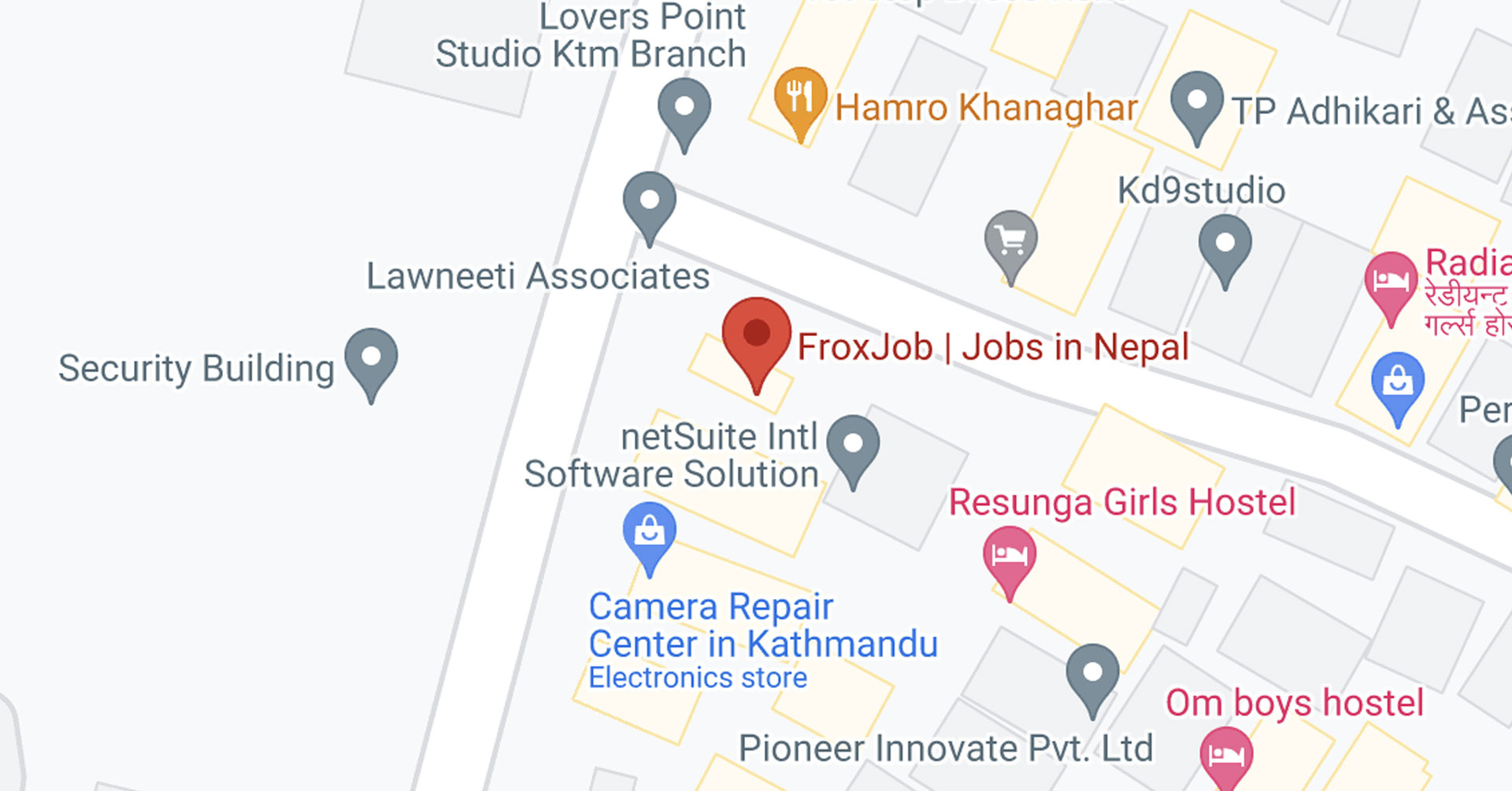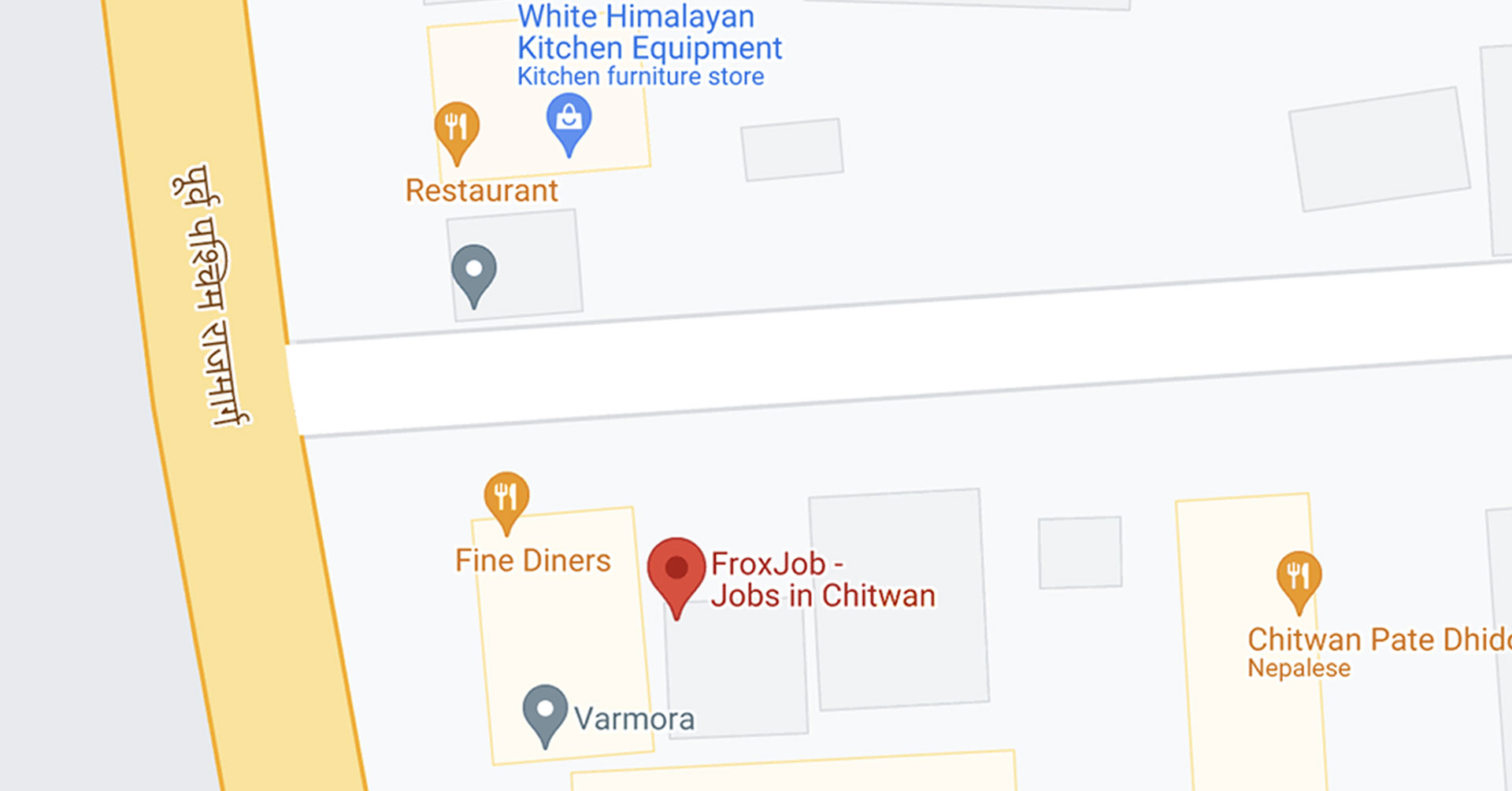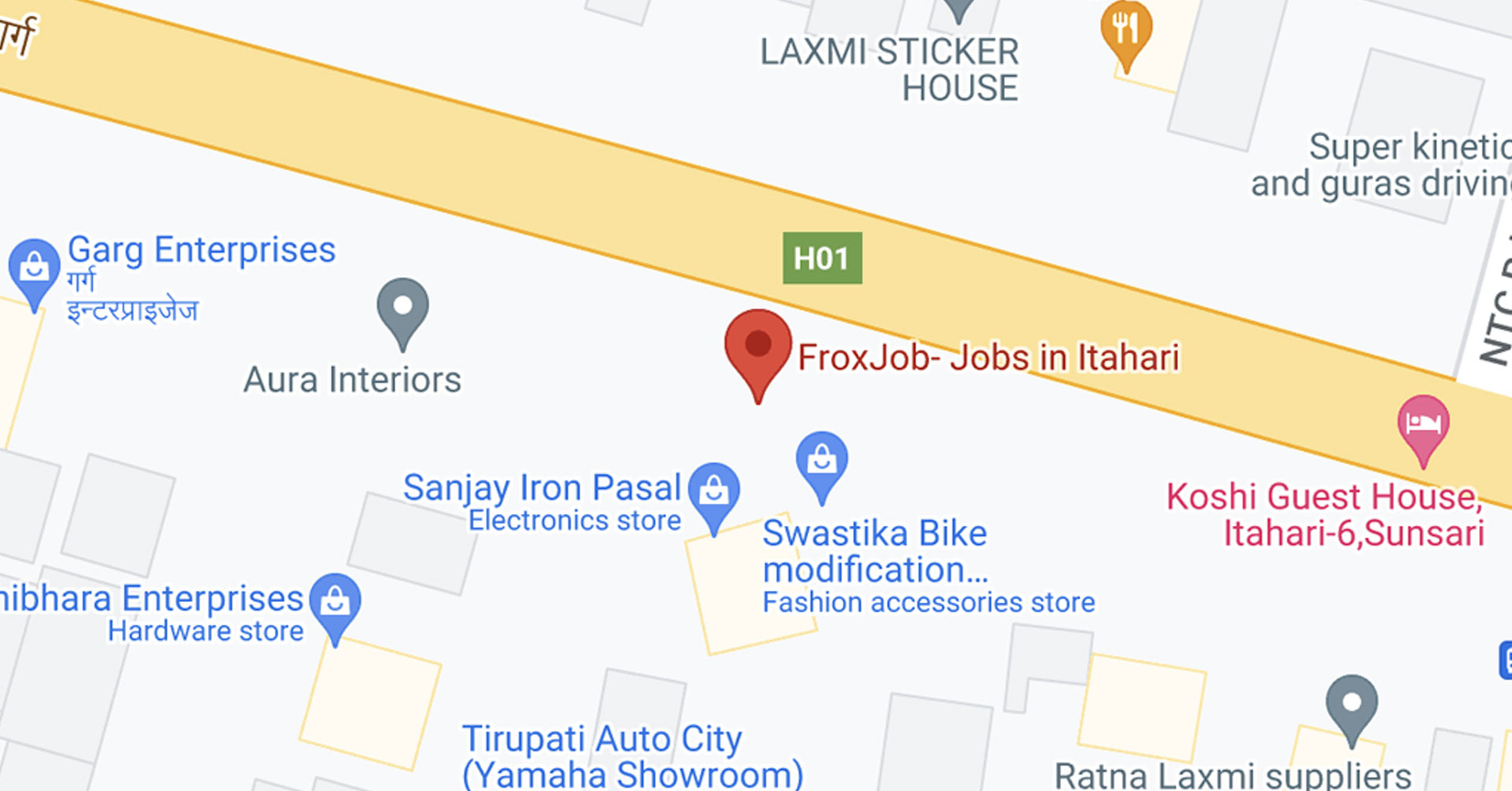Top Mistakes Job Seekers Make and How to Avoid Them

Top Mistakes Job Seekers Make and How to Avoid Them
Searching for a job can be a defining moment in anyone’s career. Yet, many job seekers unknowingly make critical errors that cost them opportunities. Understanding these mistakes and learning how to avoid them can make the difference between landing a dream role and missing out. Below, we outline the most common job-seeking mistakes and provide actionable solutions.
Failing to Customize the Resume and Cover Letter
One of the biggest mistakes job seekers make is submitting the same resume and cover letter for every application. Recruiters can spot generic applications immediately.
How to Avoid It:
- Tailor your resume to highlight the skills and experiences relevant to the specific role.
- Use keywords from the job description. Many companies use Applicant Tracking Systems (ATS), and keyword optimization is critical.
- Make your cover letter concise and targeted, showing genuine interest in the role and the organization.
Not Researching the Employer
Applying for a job without researching the company shows a lack of preparation and enthusiasm. Interviewers often ask questions to gauge how well you know their organization.
How to Avoid It:
- Visit the company’s website, read its mission, values, and recent updates.
- Study the industry trends to connect your answers with broader business goals.
- Prepare questions that show you have a real interest in their culture and future plans.
Ignoring Online Presence and Digital Footprint
Employers frequently check candidates’ online presence before making hiring decisions. An outdated LinkedIn profile or unprofessional social media activity can harm your chances.
How to Avoid It:
- Keep your LinkedIn profile updated with a professional headline, strong summary, and clear achievements.
- Remove or make private any content on social media that may seem unprofessional.
- Showcase thought leadership by sharing relevant content in your field.
Applying for Every Job Without Strategy
Desperation often leads job seekers to apply to every role they find, regardless of qualifications. This approach dilutes your efforts and wastes valuable time.
How to Avoid It:
- Focus on roles that align with your career goals and skills.
- Develop a target list of companies and industries.
- Prioritize quality applications over quantity.
Not Preparing for Behavioral Interviews
Employers use behavioral interview questions to assess how candidates handled situations in the past. Many job seekers fail to prepare for this format.
How to Avoid It:
- Use the STAR method (Situation, Task, Action, Result) to structure answers.
- Prepare examples that highlight leadership, teamwork, problem-solving, and adaptability.
- Practice responses aloud to build confidence.
Overlooking Networking Opportunities
Many job seekers rely solely on job boards. This is a costly mistake, as a large percentage of jobs are filled through referrals and networking.
How to Avoid It:
- Attend industry events, webinars, and job fairs.
- Reconnect with former colleagues, mentors, or classmates.
- Use LinkedIn to engage with industry professionals and hiring managers.
Weak Elevator Pitch
When asked “Tell me about yourself,” many candidates give long, unfocused answers or, worse, struggle to respond.
How to Avoid It:
- Create a clear 30-60 second introduction that highlights your background, key achievements, and career goals.
- Tailor your pitch to the role and industry.
- Practice until it feels natural, not rehearsed.
Not Following Up After an Interview
Failing to follow up sends a signal of disinterest. A thoughtful follow-up can set you apart from other candidates.
How to Avoid It:
- Send a thank-you email within 24 hours.
- Mention specific points from the interview to show attentiveness.
- Reaffirm your interest in the role and enthusiasm for contributing to the company.
Focusing Only on Salary
While compensation is important, leading every conversation with salary expectations can leave a negative impression. Employers want candidates motivated by more than money.
How to Avoid It:
- Focus on growth opportunities, learning potential, and company culture.
- Research industry salary benchmarks to have realistic expectations.
- Discuss salary only when the employer brings it up, usually later in the process.
Neglecting Soft Skills
Technical qualifications alone don’t guarantee success. Employers look for strong communication, teamwork, adaptability, and leadership skills.
How to Avoid It:
- Demonstrate soft skills through examples in your resume and interviews.
- Highlight experiences where you solved conflicts, led initiatives, or collaborated effectively.
- Balance technical expertise with interpersonal strengths.
Being Unprepared for Remote or Hybrid Work
In today’s job market, many roles require remote collaboration. Job seekers who lack digital readiness may fall behind.
How to Avoid It:
- Familiarize yourself with tools like Zoom, Slack, Trello, or Microsoft Teams.
- Show that you can work independently and manage your time effectively.
- Highlight previous remote or hybrid work experience.
Poor Body Language During Interviews
Your non-verbal cues matter as much as your words. Nervous habits, lack of eye contact, or closed body language can weaken your presentation.
How to Avoid It:
- Sit upright with open posture.
- Maintain eye contact without staring.
- Smile naturally and use gestures to emphasize points.
Not Practicing Self-Reflection
Some job seekers jump into applications without understanding their own strengths, weaknesses, and career direction.
How to Avoid It:
- Conduct a personal skills audit.
- Identify your core values and long-term goals.
- Apply for positions that align with your personal and professional vision.
Final Thoughts
The job search process is more than sending resumes and attending interviews. It is about presenting yourself as a thoughtful, prepared, and adaptable professional. Avoiding these common mistakes will help you stand out in a competitive job market and move closer to securing the career you want.





